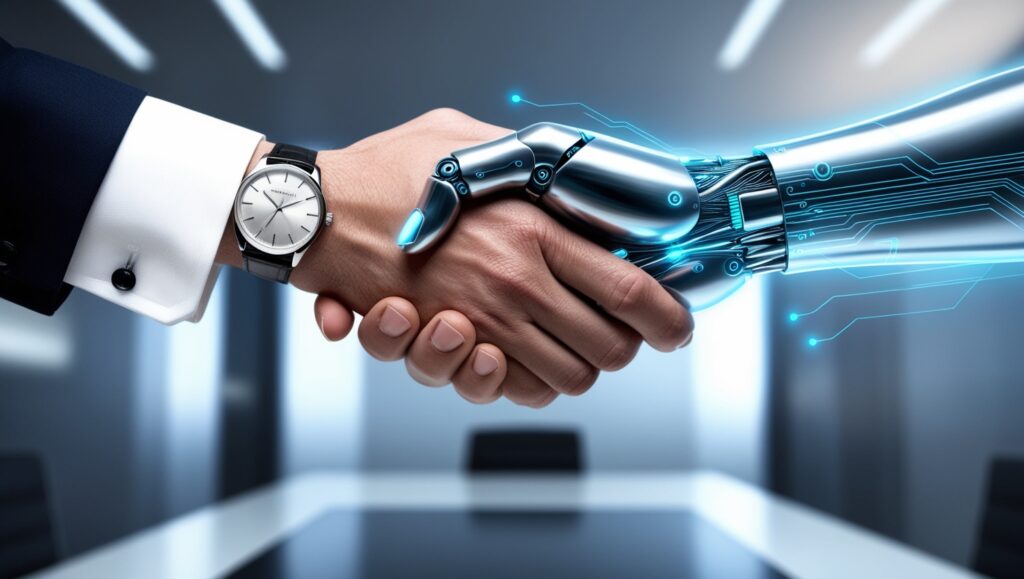
As we look toward 2025, the rise of Artificial Intelligence (AI) has many industries questioning what the future holds. One of the most talked-about topics is whether AI will replace digital marketing jobs. With AI’s ability to automate tasks and analyze vast amounts of data, it’s easy to wonder if the role of digital marketers will become obsolete.
However, the reality is not as simple. While AI has proven to be a game-changer in streamlining processes and improving efficiency, it is unlikely to replace digital marketers altogether. Instead, AI will empower them to work smarter, enabling them to focus on more strategic, creative, and human-centric aspects of marketing.
The question then becomes not whether AI will replace marketers, but how it will work alongside them to enhance their capabilities. Let’s explore why AI won’t take over digital marketing jobs but will change how these professionals work in the coming years.
AI and the Evolution of Digital Marketing
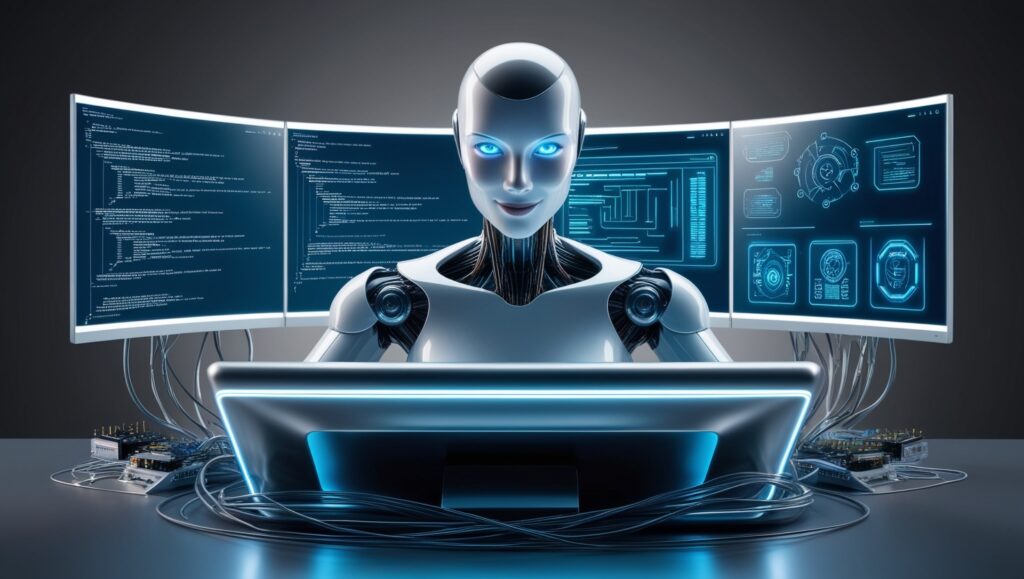
AI is already transforming digital marketing. From personalized content recommendations to advanced data analytics, AI is giving marketers the tools they need to optimize campaigns and improve customer engagement. However, the heart of digital marketing is human creativity, strategy, and emotional intelligence, which AI simply cannot replicate.
Marketers have always been tasked with understanding customer behavior, creating innovative strategies, and adapting to ever-changing trends. While AI can certainly help with data analysis, decision-making, and automation, it cannot replace the human touch that brings creativity, storytelling, and brand authenticity to the forefront of marketing campaigns.
AI Makes Marketing Tasks More Efficient
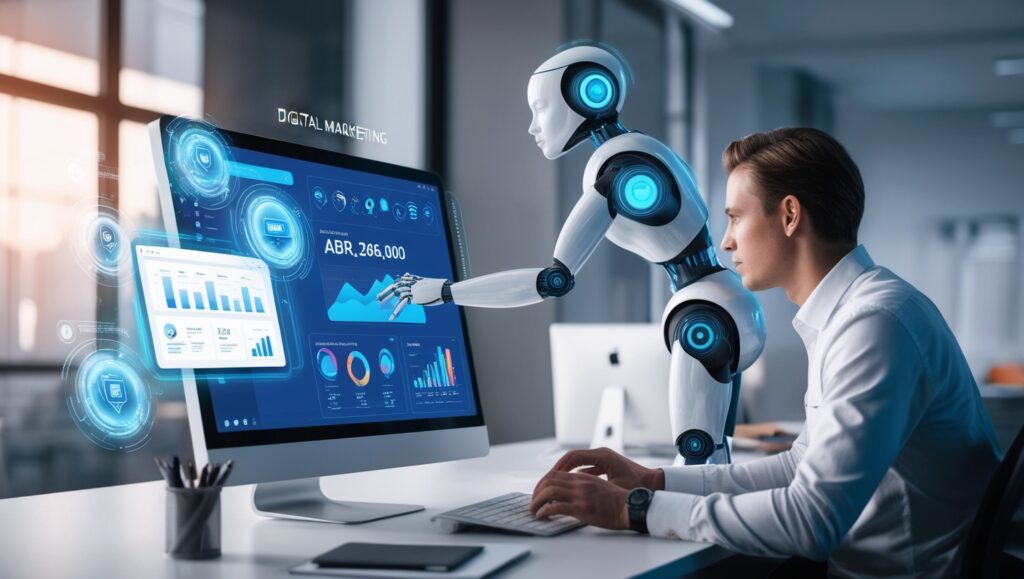
One of the key benefits that AI offers in digital marketing is automation. By leveraging AI, tasks such as data collection, ad targeting, and content optimization can be executed far more quickly than manual methods, enabling digital marketers to dedicate their time to strategic planning. For instance, AI-driven tools like Chat GPT can power chatbots to manage customer inquiries around the clock, freeing marketers to focus on creative projects or campaign development.
AI also significantly enhances personalization. Using machine learning algorithms, tools like Chat GPT and Gemini AI can analyze user behavior to craft highly tailored marketing messages. Gemini AI, for example, leverages advanced data analysis to predict user preferences and deliver hyper-personalized content across multiple channels. This degree of personalization, once too time-intensive for marketers to implement at scale, is now achievable on a massive level. With AI, businesses can deliver customized messages to thousands of consumers, making each interaction feel uniquely personalized.
AI Improves Decision-Making in Digital Marketing
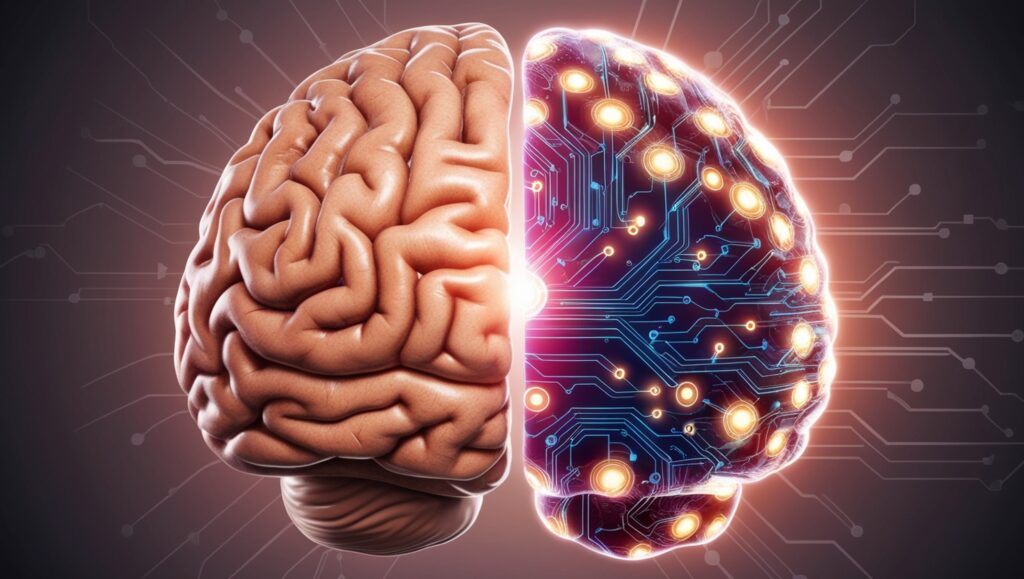
Data is at the core of digital marketing, and AI excels at processing large datasets to uncover patterns and insights. With AI-powered tools like Google Analytics with AI-driven insights or HubSpot’s AI tools, digital marketers can analyze customer behavior, track ad performance, and even monitor competitor activity in real-time. These AI systems utilize machine learning algorithms to deliver predictive analytics, segment audiences, and optimize campaigns. As a result, marketers can make more informed decisions, leading to better targeting, personalization, and ultimately, a higher ROI for their campaigns.
Rather than replace the job of a digital marketer, AI enhances their ability to make data-driven decisions. With AI tools, marketers can quickly identify trends, optimize campaigns in real time, and test multiple strategies to see which ones deliver the best results.
The Human Element in Digital Marketing
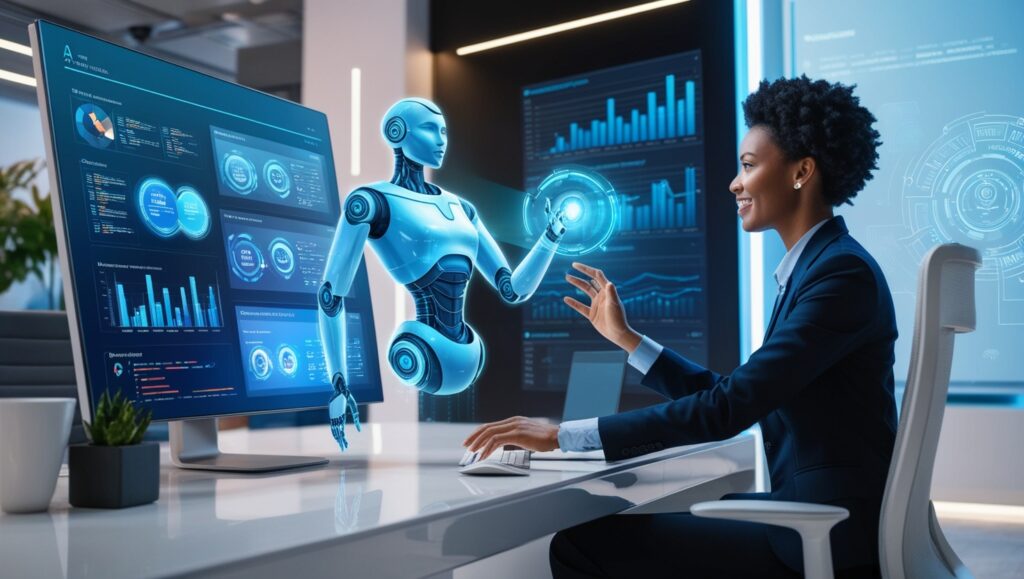
Even though AI can automate tasks and analyze data, human creativity is still essential in digital marketing. Marketers understand people’s emotions, build connections, and tell stories that resonate with their audience—things that AI can’t do. Humans also know how to adapt to trends, understand cultural differences, and make decisions based on intuition. While AI helps with the technical side, it’s the human touch that makes marketing campaigns engaging and authentic.
AI Will Change Digital Marketing Jobs, Not Replace Them
AI will transform digital marketing jobs by automating routine tasks, streamlining data analysis, and enhancing personalization. Rather than replacing marketers, AI will empower them to focus on creative, strategic, and high-level decision-making aspects. It will improve efficiency and enable marketers to reach more targeted audiences, driving better results. In 2025, AI will be a tool that complements human expertise, making digital marketing roles more dynamic and impactful.
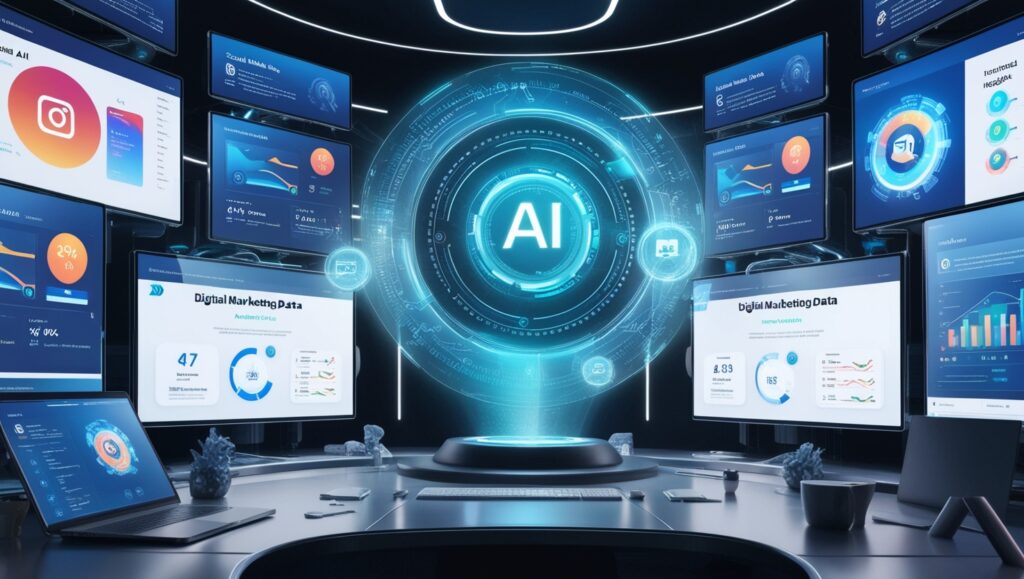
Conclusion
AI will not replace digital marketing jobs in 2025. Instead, it will serve as a tool that makes marketers’ jobs easier and more efficient. By automating repetitive tasks, enhancing personalization, and providing valuable insights, AI will allow digital marketers to focus on what they do best: creating impactful strategies, building relationships, and driving innovation in marketing.
“Explore My Latest Blog Posts.”